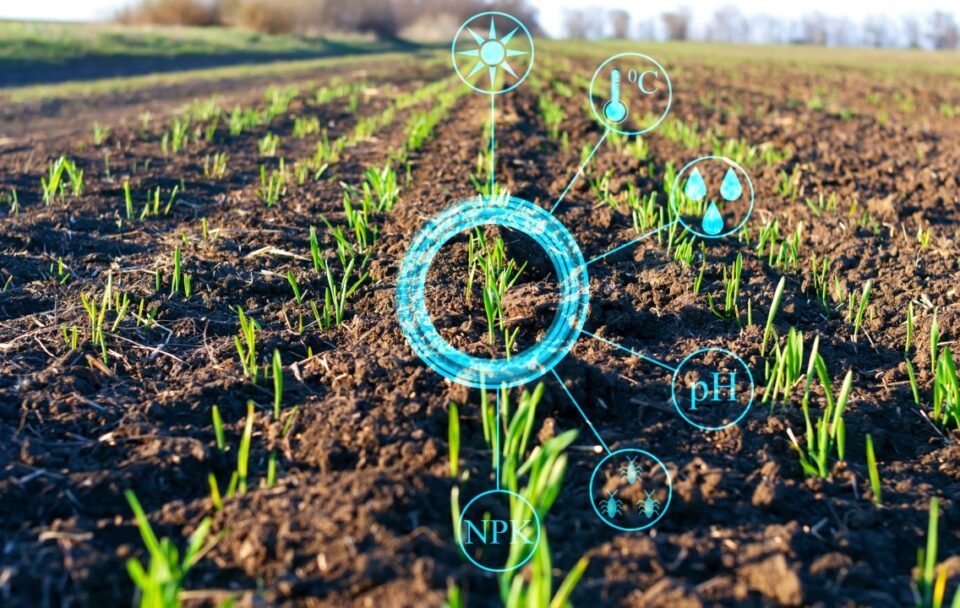Romaric Nebnoma Tiendrebeogo and fellow farmers across Africa are witnessing notable improvements in crop production, courtesy of innovative artificial intelligence (AI) technologies.
Through a smartphone application, Tiendrebeogo from Burkina Faso can snap pictures of his ailing crops to identify the underlying issues, whether they be pests, diseases, or other detrimental factors. This app, a creation of PlantVillage at Penn State University, employs AI to match the images uploaded by farmers against a vast database containing information on over 100,000 plant diseases and pests.
PlantVillage operates under the auspices of the USAID Feed the Future Innovation Lab, focusing on addressing current and emerging threats to crop health.
This technology empowers farmers to cultivate healthier crops and make informed decisions regarding the use of pesticides and fertilizers, thus enhancing their profitability and environmental sustainability.
Tiendrebeogo shares that the app is being utilized for a variety of crops, such as cabbage, cassava, corn, onion, tomatoes, okra, and citrus. A survey involving about 100 farmers using the app revealed yield increases of up to 30%.
“For a country like Burkina Faso, where agriculture is pivotal, the integration of this technology not only promises to boost agricultural output but also to fortify the resilience of our food systems,” remarked Tiendrebeogo, who also mentors other farmers on leveraging the PlantVillage app.
Enhancing agricultural productivity is critical in Africa, where over 280 million individuals face food scarcity. With the global population projected to hit 10 billion by 2050, food demand is expected to surge by 50%, while climate-induced challenges like floods and droughts pose additional risks to agriculture.
Since 2021, the United States has allocated $17.5 billion towards combating emergency food shortages and enhancing food production globally. In Africa and Brazil, the U.S. collaborates with various entities to develop climate-resilient crops and enhance soil quality.
The U.S. private sector and academic institutions are also contributing to global food security, increasingly incorporating AI into their strategies. The Bill & Melinda Gates Foundation has recently invested $30 million in AI-driven initiatives to tackle health and development issues in Africa.
Bill Gates highlighted, “AI can facilitate the development of superior seeds tailored to local conditions, advise on the optimal seeds for planting based on soil and climate, and aid in creating medications and vaccines for livestock.”
In New York, researchers from the University of Albany have partnered with AGRI-WEB, a non-profit based in Accra, Ghana, to assist farmers in utilizing AI for more accurate crop yield forecasts, thereby enhancing profitability and ensuring a stable food supply.
PlantVillage has distributed smartphones to farmers in Malawi and offers training on app usage in Ethiopia, Ghana, Kenya, Mozambique, Tanzania, Uganda, and Burkina Faso, extending its reach to Honduras and Nepal as well.
Apart from diagnosing plant health issues, PlantVillage’s technology also delivers weather forecasts to aid in agricultural decision-making. The initiative has also supplied disease-resistant banana seeds to farmers.
Furthermore, PlantVillage engages the youth in Africa to educate farmers on app usage and monitor crop data, facilitating early detection of potential threats. The data and experiences shared by farmers refine the app’s database, aiding farmers in other regions. David Hughes, the brain behind this AI innovation, stated, “The three pressing challenges in Africa currently are food insecurity, climate change, and youth unemployment. PlantVillage aims to tackle all three simultaneously.”


